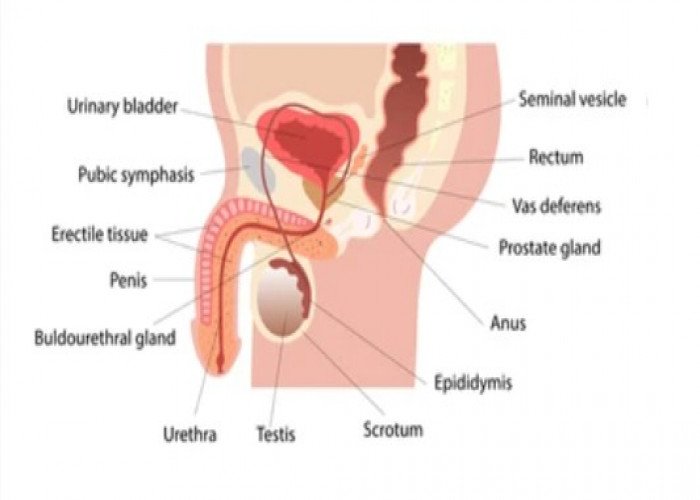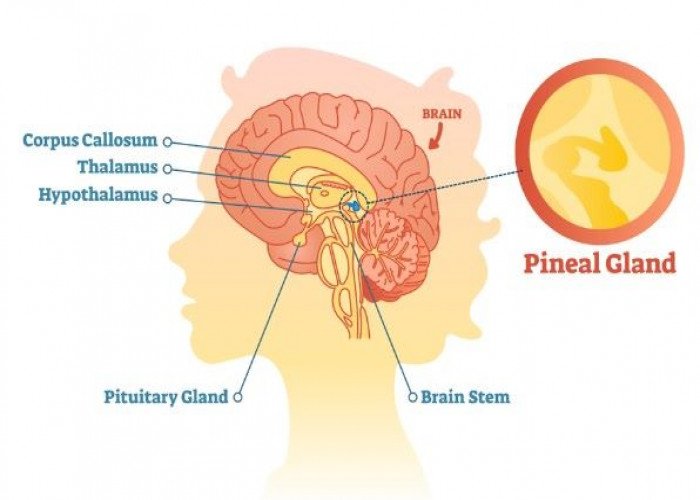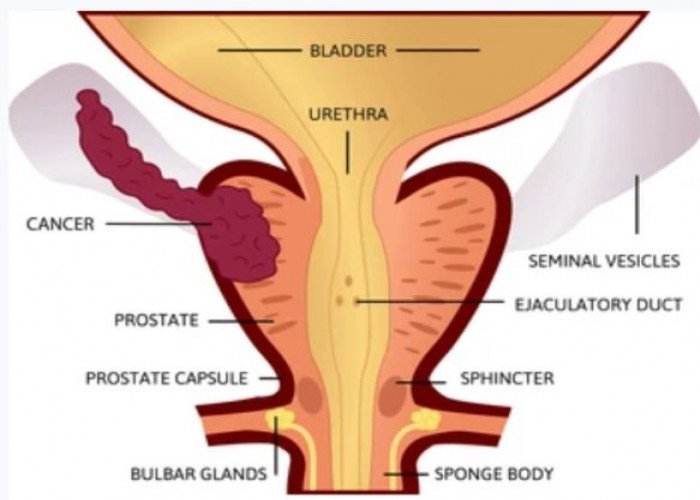 Welcome
Welcome
“May all be happy, may all be healed, may all be at peace and may no one ever suffer."
- A
- B
- C
- D
- E
- F
- G
- H
- I
- J
- K
- L
- M
- N
- O
- P
- Q
- R
- S
- T
- U
- V
- W
- X
- Y
- Z
Parotid glands - Diseases
The parotid glands are the largest of the salivary glands, located on either side of the face just below the ear. They secrete saliva into the mouth through a duct called the Stensen's duct.
The parotid glands produce a watery type of saliva that contains enzymes to help break down food, lubricate the mouth, and protect the teeth from decay. Saliva also helps to moisten and cleanse the mouth and throat, aiding in speech and digestion.
Occasionally, the parotid glands can become inflamed or infected, a condition known as parotitis. This can cause pain, swelling, and tenderness in the affected gland, and can also cause fever and difficulty opening the mouth. Parotitis is most commonly caused by a bacterial infection, but it can also be caused by a viral infection, autoimmune disease, or blockage of the salivary duct.

Brainstem

Penis

Pineal gland

Seminal vesicles

Nails
Transverse colon intestine

Hand

Vocal cords
Parotid glands, Saliva glands, Parotid duct opening, প্যারোটিড গ্রন্থি
To be happy, beautiful, healthy, wealthy, hale and long-lived stay with DM3S.